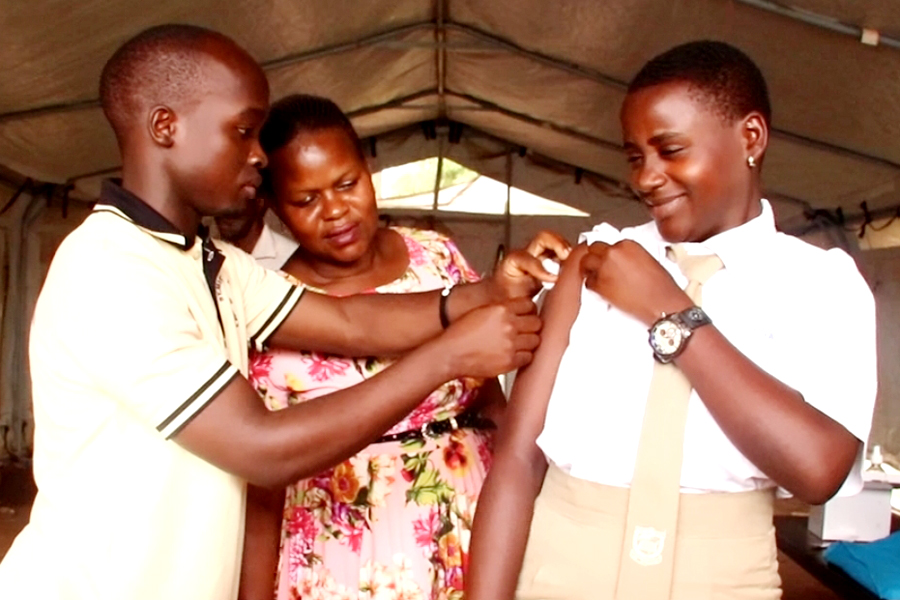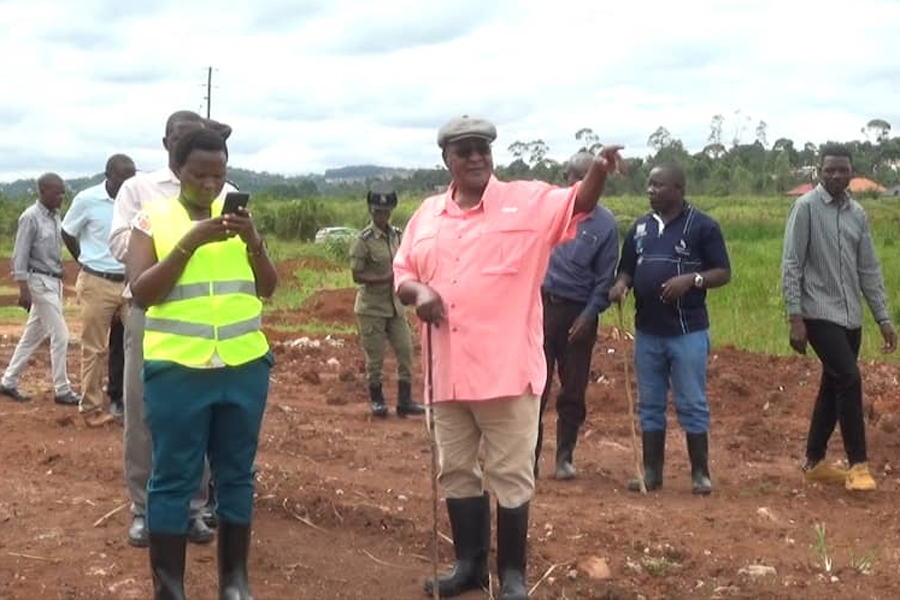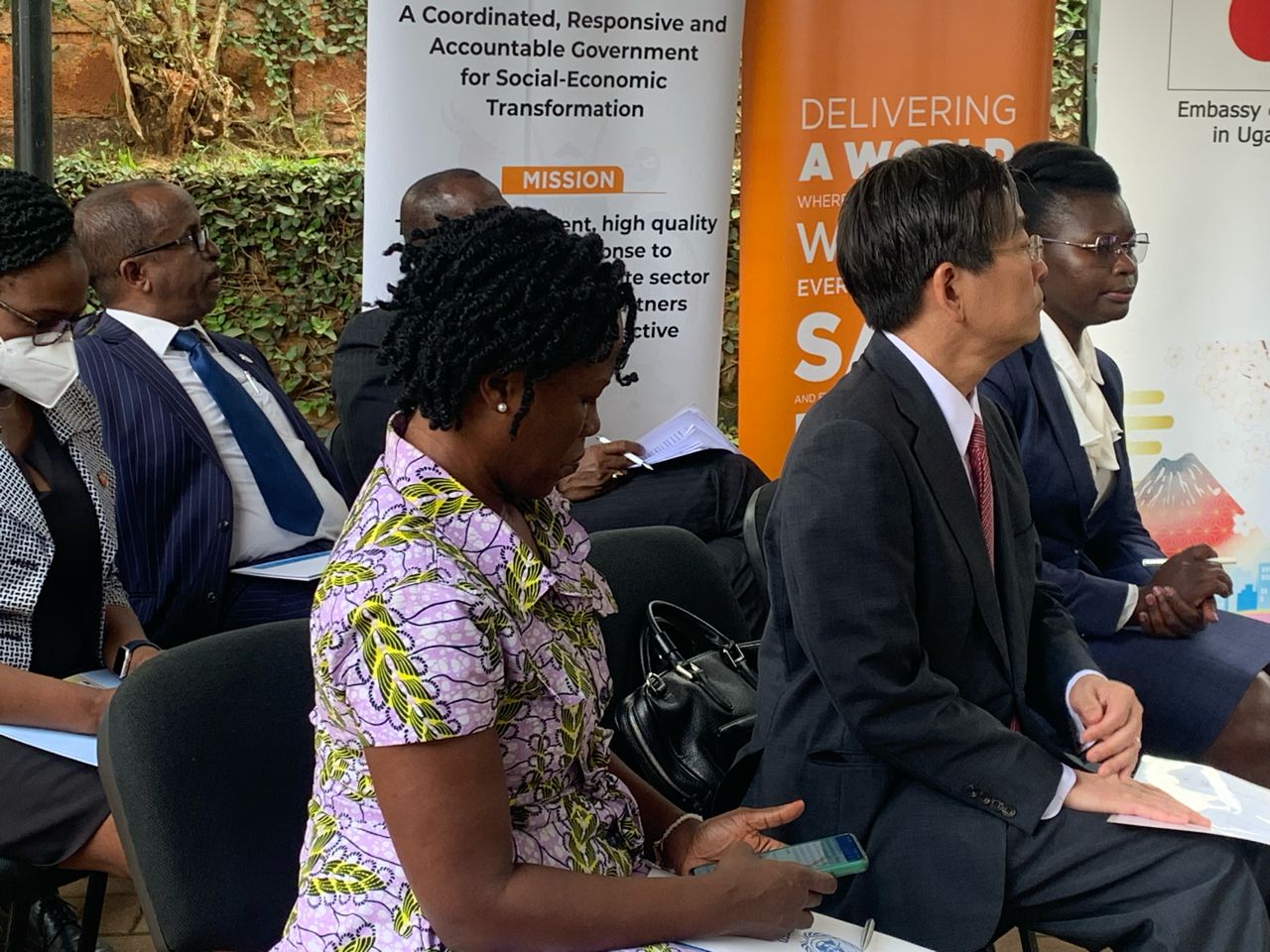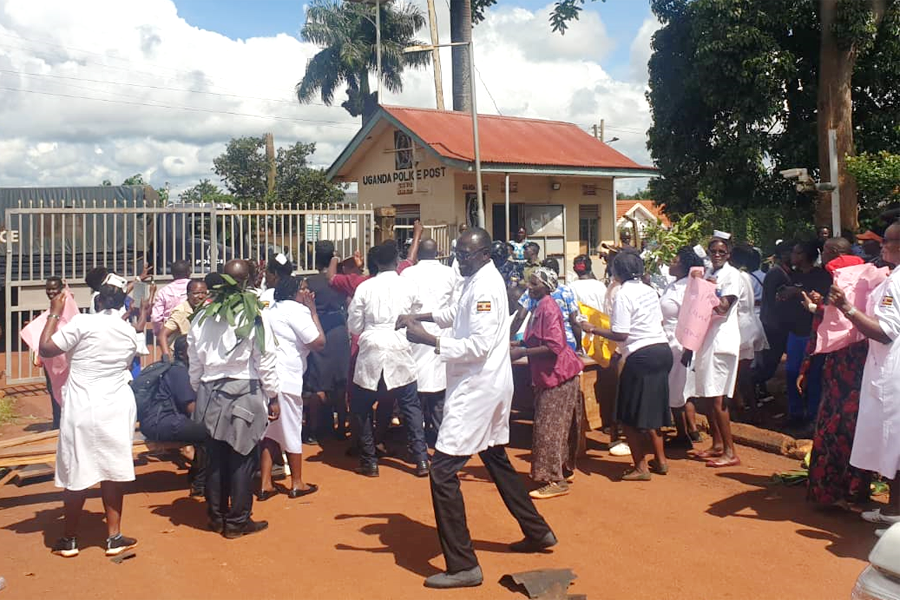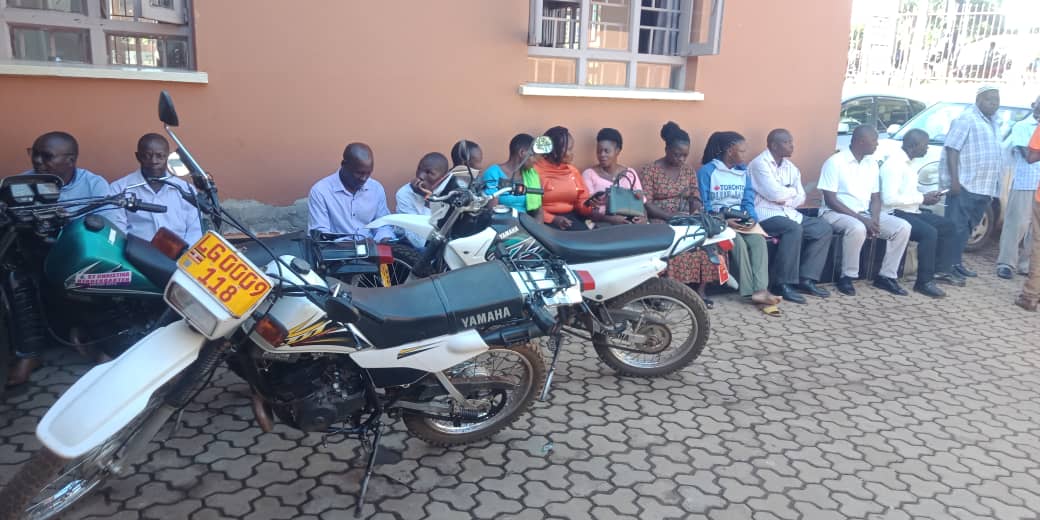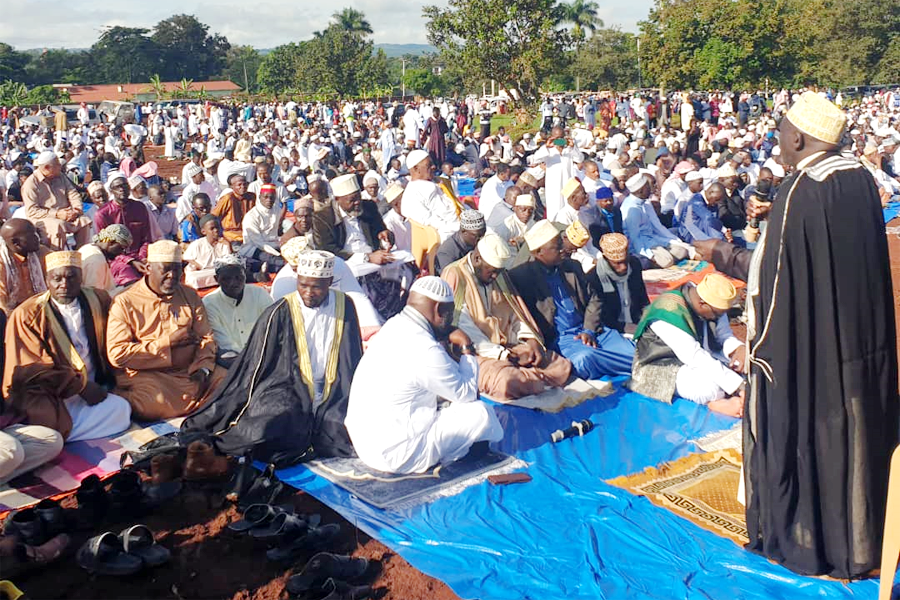By Haji Nsereko Mutumba
Fellow Muslims, this year’s Holy Month of Ramadhan is once again exceptional because of the fact that it has come when the Covid-19 pandemic is still here with us.
Therefore, as we prepare to observe fasting, we should be cognisant of the fact that Covid-19 is dangerous to our lives and likelihoods.
But at the same time, we should not allow it to distract us from fulfilling our religious duties.
By now, we must have learnt that we can actually perform all our religious duties as long as we adhere to all the SOPs recommended by WHO and the government of Uganda.
Guidelines on physical distancing, mask wearing, and hand hygiene still apply this year. Even though vaccinations against COVID-19 have started, it will take time before everyone gets the full dose.
For those who have the means, it is advisable that you take a Covid-19 test before fasting commences. If you are Covid-19 positive, please isolate at home.
You may still be able to fast, but such a decision should be based on the doctor’s advice. But knowing the complications that present with Covid-19, you may wish to consider the religious license to break your fast until you are fully recovered.
In addition, individuals suffering from chronic illnesses should consult their doctors on how to manage regular medication and to ensure it is safe for them to fast.
Like last year, I urge you to avoid gatherings and practice social distancing, particularly the elderly and those with pre-existing conditions (e.g. cardiovascular disease, diabetes, chronic respiratory disease or cancer).
Ramadhan is a time of increased prayer.
Though it may be tempting to stay up late for night supplications, you should still aim to get at least 8 hours of sleep during every 24-hour period, even if this is accumulated over several separate periods of rest.
A well-rested body and mind will make it easier for you to concentrate at work and have more energy throughout the day.
Thirst can be one of the most challenging symptoms of fasting, leading us to take plenty of water and liquids as soon as we break our fast.
However, rehydration should be a cumulative process. The best way to rehydrate fasting bodies and maintain this hydration for longer is to pace your liquid intake by consuming at least 2 litres of water - one or two glasses at a time - between Iftar and ‘Daaku’.
Let us also cut down on caffeinated drinks at night, and to top up our liquid intake with soups, fruits and vegetables rich in water, such as cucumbers and watermelon.
Fasting will cause a change of habit in eating and your food intake frequency. It is vital to fulfil your vitamin and mineral needs to maintain a strong immune system.
Be mindful of your salt and sugar intake. After a full day of fasting, avoid satisfying cravings with soda and energy drinks which are high in sugar.
Instead, opt for the unprocessed food such as fruits, and consume complex carbohydrates such as rice, bread and whole grains alongside vegetables.
Consuming too much salt will have an adverse effect and contribute to thirst and dehydration during the day. Too much salt can affect blood pressure, so go easy on salty snacks such as popcorn and salted nuts at night.
Where possible, schedule more difficult tasks requiring greater concentration or physical effort in the morning, when you will have more energy.
Don’t stop exercising. Although you may feel more tired and understandably less active while fasting, skipping regular exercise for a full month is unhealthy, particularly as most of your food intake will be consumed at night.
Moderate exercise is advisable and will also help you feel less sluggish.
Lastly brothers and sisters, let us be humble and law abiding citizens. Let us stay away from utterances, behaviours and actions that will either nullify or disrupt our Ibaada during this holy month.
The writer is a Senior Media Consultant. He Can be reached on 0772409504 or hajimutumba@gmail.com


